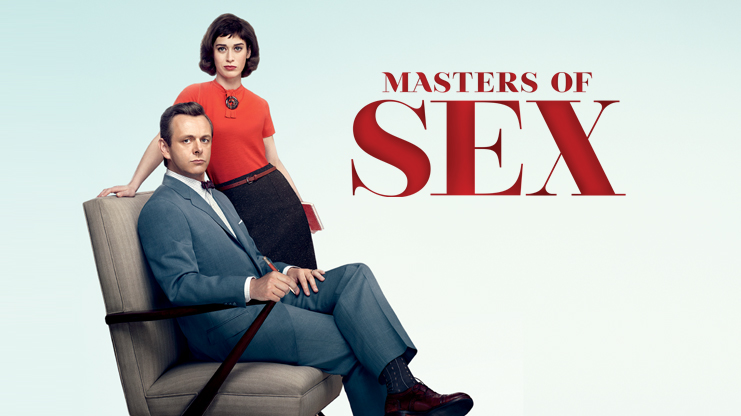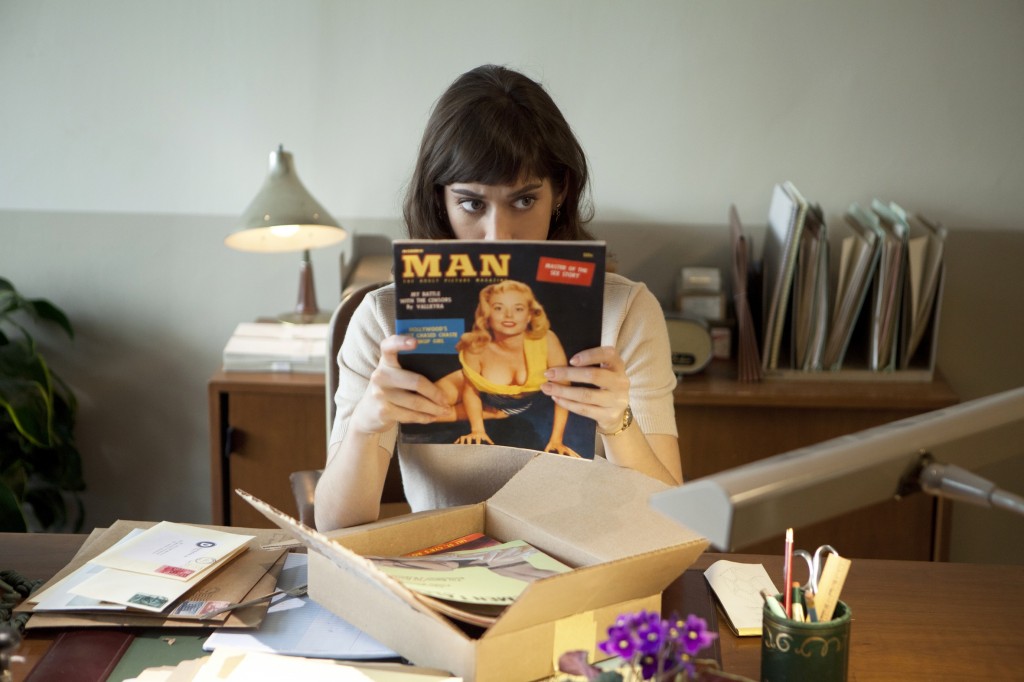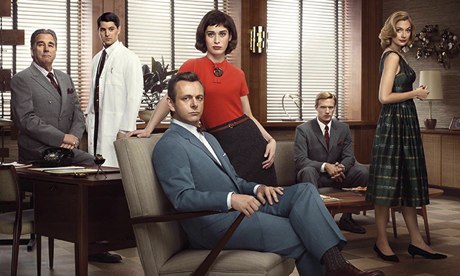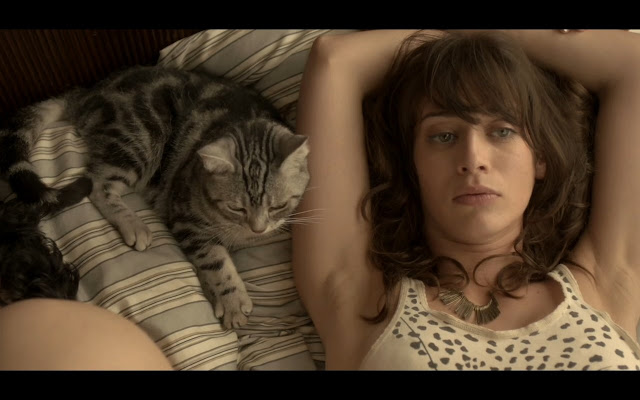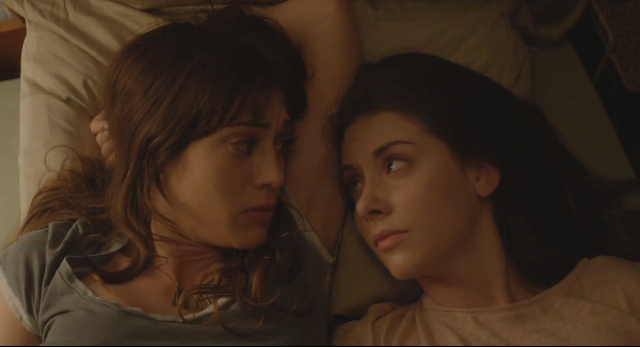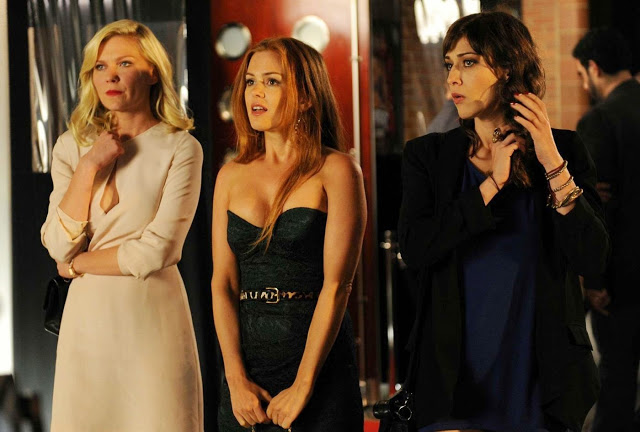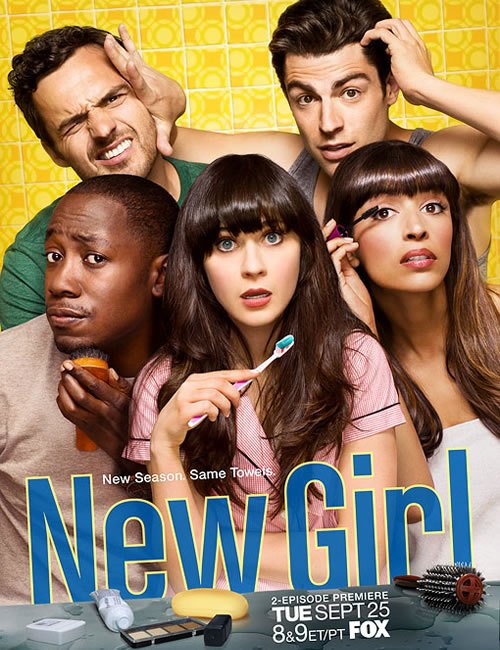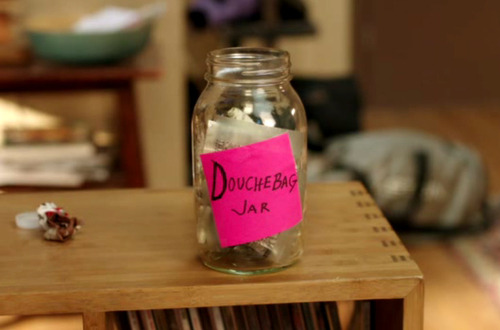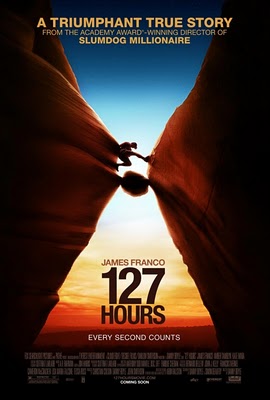Written by Rachel Redfern as part of our theme week on Representations of Female Sexual Desire.
Although Masters of Sex had its season finale in December, now is the perfect time to do a series re-watch to prepare for the season 2 premiere on July 13. Beyond that, the Showtime star powerfully, and singularly, discusses the topic of female desire and female sexuality, without becoming pornography.
While the show was not perfect in its first season, understandable since it was still trying to find its stride, by the season finale it had fulfilled a lot of hopeful expectations. Its main star, Lizzie Caplan (Virginia Johnson), chooses provocative projects and usually plays fascinating, complex characters: a sociopathic hippie in True Blood, a relationship-squeamish woman in Save The Date, and an emotionally damaged party girl in Bachelorette. The show makes a big deal about Johnson being a unique, sexy, fascinating woman and showing her interest in being a scientist, but I’m still curious as to what’s driving her. Hopefully in season 2 her character’s development will begin to grow and we’ll get more of a peek into what’s helped her become such a confident woman, as well as fostering her fascination with scientific studies.
But, the biggest question for the show will obviously be, um, what about the sex? Sex is in the title: the opening sequence bathes in it, and every episode features it. As a big proponent of women’s sexuality I’m pretty much all for it; however, I desperately hope that Masters doesn’t just become cheap exhibitionism driving up late night ratings; I want to know that Masters of Sex is trying to tell us something in all of the orgasmic moaning (fake or real).
One thing I’m loving though, it’s two women picking all the material, which is fantastic for a show that is portraying the way that society’s view on sexuality, especially female sexuality, is changing. And I think that a lot of people were curious, and maybe a bit worried, wondering how Masters of Sex was going to be dealing with sex, women, and stereotypes. There are still so many myths and legends, images and dichotomies, and pop psychology and moral sermonizing that happens anytime women and sex are placed anywhere near each other, that it was very possible for Masters to become another fluffy, giggle-fest of boob shots and phallic jokes.
Masters of Sex showrunner, Michelle Ashford, discussed the staff’s perspectives on the show’s sex scenes, and how much they’ve chosen to include; turns out, they’ve been selective and thoughtful—sifting through hours of scenes, trying to ensure that they’re engaging and fulfilling the narrative, instead of just becoming pornographic. In fact, Ashford admitted that she finds many sex scenes boring without any real relevance to the story; in the case of Masters, they’ve tried to take a different approach: “We knew we had to figure out a new way to do sex so that there was always story pulling through it. And there had to be a point of view to the sex, so it’s either tragic or it’s funny or it’s confusing … but it could never be showing sex just to be sexy.”
Are they successful in telling the story of sex in their scenes? I would argue that yes, they are: Masters and his wife, Libby (Caitlin Fitzgerald), have terse, dutiful sex, while Virginia is direct and free-spirited, and the young Dr. Haas (Nicholas D’Agosto) is controlling, searching, experimenting. Each character’s experiences (not necessarily their proclivities) reflect their relationships with each other and themselves. Perhaps, at this point, the sex scenes are where the story is, and it’s where we learn the most about each character.
So what do you think? How is the show evolving? Are the sex scenes merely exhibitionism? Is the show helping the way we think about sex? How do you think it’s portraying sex?
See also at Bitch Flicks: “Why You Should Be Watching Masters of Sex,” by Erin Tatum
